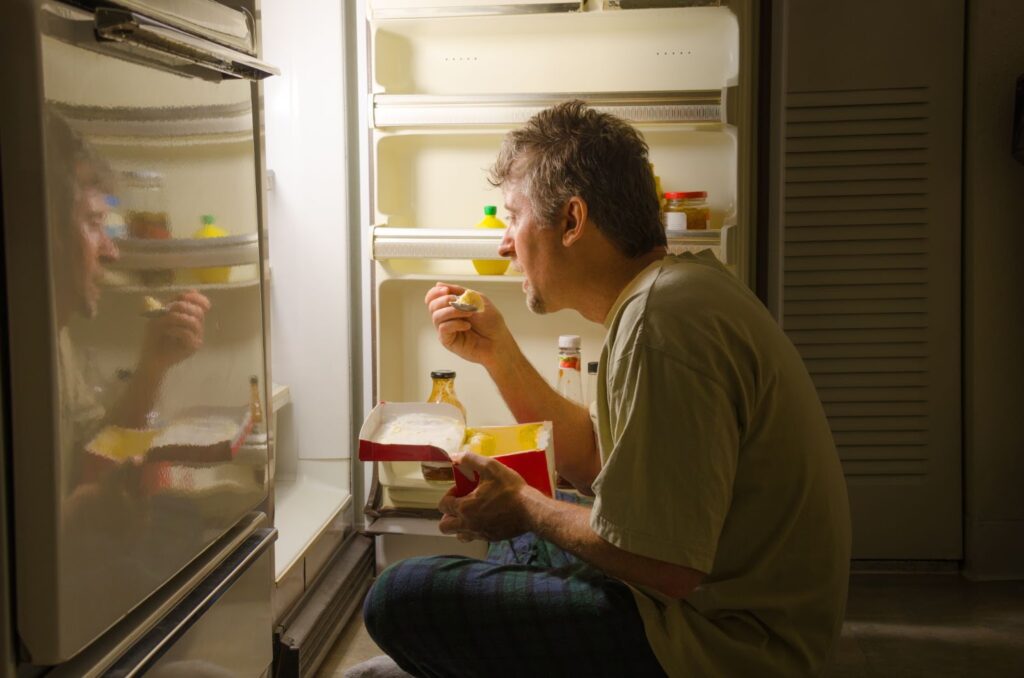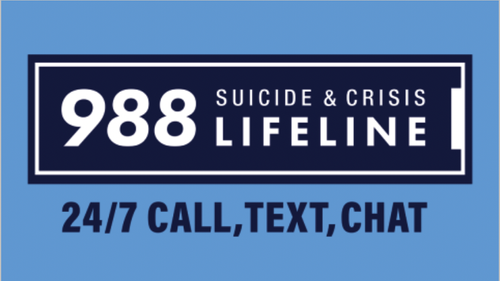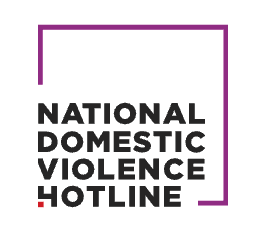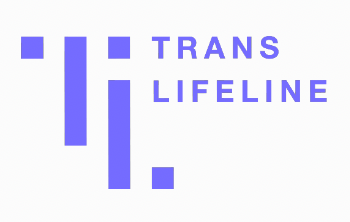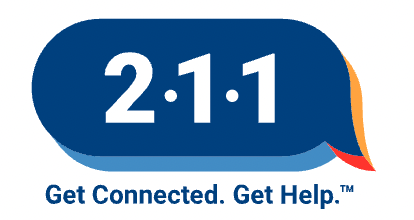Eating disorders are complex conditions that go beyond the surface.
They often mask deep emotional struggles that can leave individuals feeling trapped in a cycle of distress.
For many, food becomes a battleground—a place where anxiety, sadness, or anger manifest in ways that feel both overwhelming and unmanageable.
The emotional implications of these disorders can be profound, affecting not just physical health but also self-esteem and relationships with others.
Strategies like Dialectical Behavior Therapy (DBT) offer valuable tools for navigating this intricate world of feelings and responses.
By integrating emotional awareness into treatment plans, individuals can unlock their potential for healing and find a more sustainable path toward well-being.
In this article, we’ll explore how dialectical behavior therapy for eating disorders can empower those who are struggling.
From building self-acceptance to developing effective coping mechanisms, we will highlight practical approaches that foster hope and resilience.
You’ll discover how these techniques can change lives—starting with your own journey toward empowerment and recovery.
Join us as we explore these transformative concepts and learn how unlocking emotional wellness can lead to lasting change.
What is Dialectical Behavior Therapy (DBT)?
What sets DBT apart from other therapeutic approaches is its incorporation of dialectics—the idea that two seemingly opposing concepts can coexist.
This principle helps clients challenge black-and-white thinking often prevalent in those suffering from eating disorders, allowing them to see shades of gray in their experiences with food and body image.
For instance, a person might learn that while they may not feel entirely comfortable in their body today, there are aspects they appreciate and can cultivate—such as their strength or creativity.
Such insights help bridge the gap between acceptance and transformation, essential for lasting recovery.
Emotion Regulation Skills in DBT
Dialectical Behavior Therapy for eating disorders offers a set of powerful emotion regulation skills that are invaluable for individuals battling these impulses.
The first step in these strategies is identifying and understanding one’s emotions.
This involves recognizing what emotions are present, labeling them accurately, and acknowledging their impact on thoughts and behaviors.
For example, someone might realize they often engage in disordered eating after feeling overwhelmed or sad but never fully connect these feelings to their choices surrounding food.
Using tools like emotion checklists or mood journals, individuals can build awareness of how specific emotions influence their urges to eat in unhealthy ways.
Once emotions are identified, managing intense feelings becomes the next priority in the recovery journey.
DBT provides techniques such as the “STOP” skill—Stop, Take a step back, Observe, and Proceed—which aids individuals in pausing before reacting impulsively to emotional triggers.
In practice, this might look like taking a few deep breaths when feeling the urge to binge eat after receiving negative feedback at work instead of succumbing to the impulse immediately.
Additionally, “half-smiling” or engaging in soothing activities can help redirect overwhelming emotional energy toward something healthier.
Building Self-Acceptance through DBT
Self-acceptance is a crucial component in the journey of recovery from eating disorders.
Dialectical Behavior Therapy for eating disorders emphasizes the practice of self-compassion, allowing individuals to foster kindness towards themselves.
By cultivating self-compassion, one can soften the inner dialogue that often perpetuates feelings of shame or unworthiness—paving the way for healing.
Specific exercises can be introduced into one’s daily routine to build this essential self-acceptance skill.
For instance, keeping a “self-kindness journal” can be a powerful tool.
Each day, individuals are encouraged to write positive affirmations about themselves or note moments when they have treated themselves with respect and care.
Another helpful practice could be identifying personal strengths distinct from physical appearance—highlighting qualities such as creativity, intelligence, or empathy.
This focus allows for a broader understanding of one’s identity beyond societal beauty standards and reinforces that worthiness is inherent regardless of weight or shape.
Interpersonal Effectiveness Skills
Navigating relationships can be challenging, particularly for individuals grappling with eating disorders.
One critical aspect is learning to express feelings and boundaries assertively without resorting to silence or aggression.
For instance, rather than simply declining an invitation to a dinner event due to anxiety about food choices, someone with interpersonal skills might articulate their need by saying, “I enjoy spending time with you all, but I’m trying to focus on my recovery right now.
Can we plan an activity that doesn’t revolve around food?”
This approach fosters understanding and reinforces the person’s commitment to their emotional wellness.
Balancing personal needs and maintaining strong relationships requires ongoing effort and self-reflection.
Eating disorders often stem from a deep-rooted fear of judgment or misunderstanding from those around us.
Learning how to set boundaries—whether it’s not discussing body image at gatherings or requesting specific meal options—can help reduce the isolation felt during recovery.
Individuals struggling with these issues must understand that prioritizing their wellness does not equate to selfishness.
Instead, it enables them to fully engage in their relationships over time.
Supportive friends and family members will appreciate clarity regarding how they can best support your journey.
Coping with Cravings and Urges
Understanding the distinction between physical hunger and emotional cravings is essential for anyone navigating the challenges of an eating disorder.
Physical hunger manifests as a gradual sensation that builds over time, signaling the body’s need for nourishment.
In contrast, emotional cravings often surface suddenly in response to feelings such as stress, sadness, or loneliness.
For instance, you might find yourself reaching for comforting foods not because you’re hungry but rather to soothe an overwhelming sense of anxiety after a long day.
By identifying these differences, individuals can address their cravings more effectively.
Dialectical Behavior Therapy for eating disorders offers valuable skills tailored to help manage these powerful urges.
This pause allows individuals to assess the root causes behind their cravings—be it boredom or emotional distress—providing clarity on how best to respond without defaulting to disordered eating patterns.
Integrating such practices promotes self-compassion by inviting understanding rather than shame when faced with difficult emotions.
Support Systems for Emotional Wellness
Family members can actively participate in recovery by embracing Dialectical Behavior Therapy (DBT) principles.
One especially helpful technique is validation—recognizing and accepting an individual’s feelings without judgment.
For instance, when a family member acknowledges feelings of anxiety around food or body image instead of dismissing them, it fosters a sense of safety and acceptance.
Additionally, engaging in family meal times where everyone practices mindful eating habits can enhance bonding while demonstrating healthy relationships with food.
This collective experience reinforces positive behaviors and shows the unwavering support that individuals crave during this challenging process.
Finding community resources can further enrich an individual’s emotional wellness journey.
These settings encourage camaraderie and remind individuals that they are not alone on their path to healing.
Moreover, seeking out therapists trained in DBT techniques can be life-changing.
These professionals equip individuals with essential skills to navigate emotions effectively while providing a tailored approach to each person’s unique difficulties.
Embracing Hope and Healing
In summary, emotional awareness is a critical component in the treatment of eating disorders.
Understanding your feelings can help you break free from the cycle of disordered eating.
By recognizing the emotions behind your choices, you pave the way for healthier behaviors and more fulfilling relationships with food and yourself.
We encourage anyone struggling with eating disorders to seek help through Dialectical Behavior Therapy. Remember, recovery is not just possible; it is within reach.
Embrace this journey as a path toward emotional wellness and lasting happiness.
Though challenges may arise, know that hope and resilience are your allies every step of the way.



